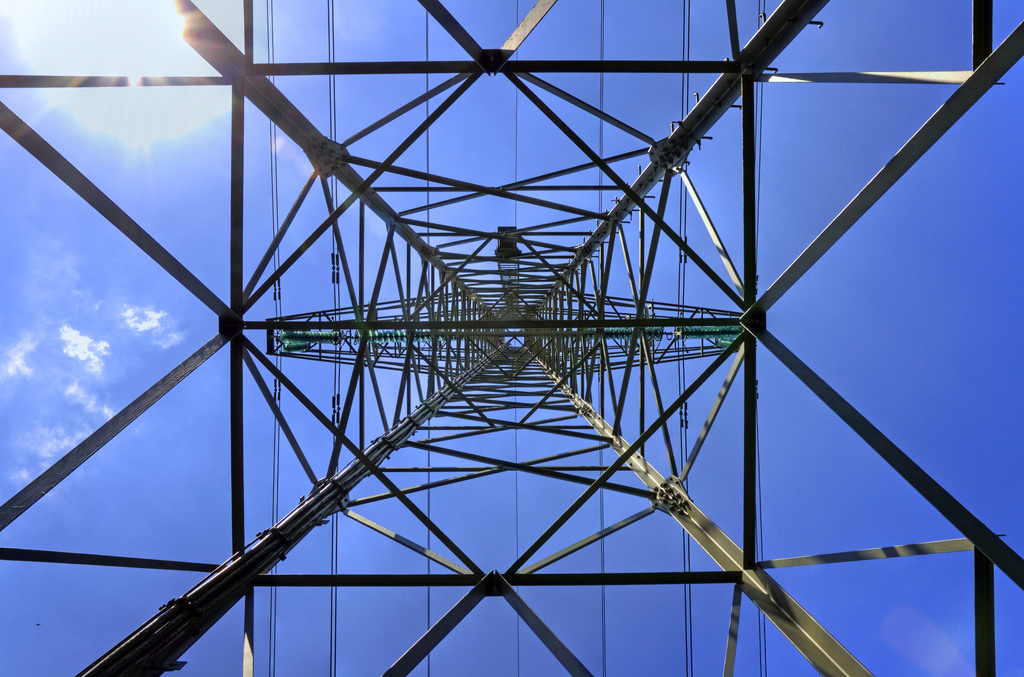Andhra Pradesh Electricity Regulatory Commission (APERC) is considering an appeal by power distribution companies in the state to shorten the length of power purchase agreements from an industry average of 25 years to just five.
Cash-strapped electricity distributors say they are locked in to paying unfairly high power prices to solar generators because of deals signed before the recent precipitous drop in wind and solar tariffs.
“There were many requests received from various stakeholders during the public consultation process [held] while finalizing [the] retail supply tariff order for FY2019-20, to review existing PPAs which have [a] duration of 25 years, in view of [the] subsequent reduction of prices of wind and solar energy in particular,” APERC chairman G Bhavani Prasad wrote in a letter to Ajay Jain, principal secretary of the state’s Department of Energy. “It is requested to obtain the considered opinion of the learned advocate general of Andhra Pradesh to advise on the legal feasibility and [review] of PPAs [that are] in force and [of] restricting the period of force of such PPAs to five years.”
‘PPAs should last 10-15 years’
APERC is the not the only regulatory body toying with the idea of shortening PPAs. In its latest discussion paper, Karnataka Electricity Regulatory Commission has considered reducing power supply contract duration to 10 years.
HR Sreenivasa Rao, of Bangalore-based Vineeti Consultants, told pv magazine the government should rethink 25-year PPAs. “With advanced technology and [a] steep fall in tariffs, a 25-year commitment is no longer feasible for any discom,” he said. “An ideal PPA should be between 10 and 15 years; five years is too short a timeframe, 25 years too long.”
Section 49 of India’s Electricity Act of 2003 deals with agreements for the purchase and supply of electricity. The act stipulates state commissions shall regulate electricity purchase and the procurement process of distribution licensees, including the price at which electricity shall be procured from generating companies or licensees or from other sources, through agreements for the purchase of power for distribution and supply within states.
This content is protected by copyright and may not be reused. If you want to cooperate with us and would like to reuse some of our content, please contact: editors@pv-magazine.com.








1 comment
By submitting this form you agree to pv magazine using your data for the purposes of publishing your comment.
Your personal data will only be disclosed or otherwise transmitted to third parties for the purposes of spam filtering or if this is necessary for technical maintenance of the website. Any other transfer to third parties will not take place unless this is justified on the basis of applicable data protection regulations or if pv magazine is legally obliged to do so.
You may revoke this consent at any time with effect for the future, in which case your personal data will be deleted immediately. Otherwise, your data will be deleted if pv magazine has processed your request or the purpose of data storage is fulfilled.
Further information on data privacy can be found in our Data Protection Policy.